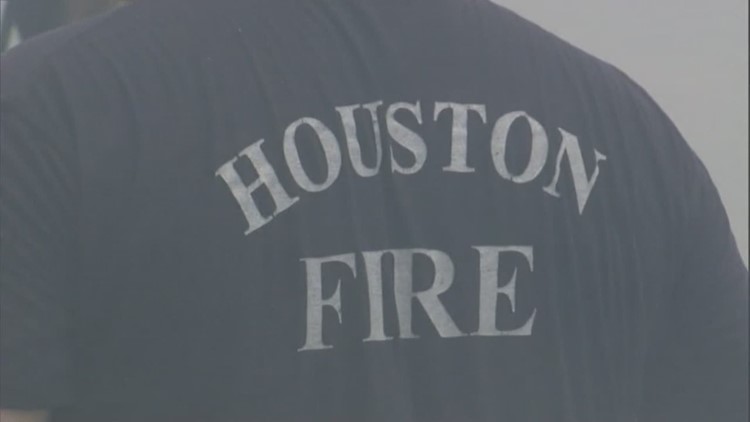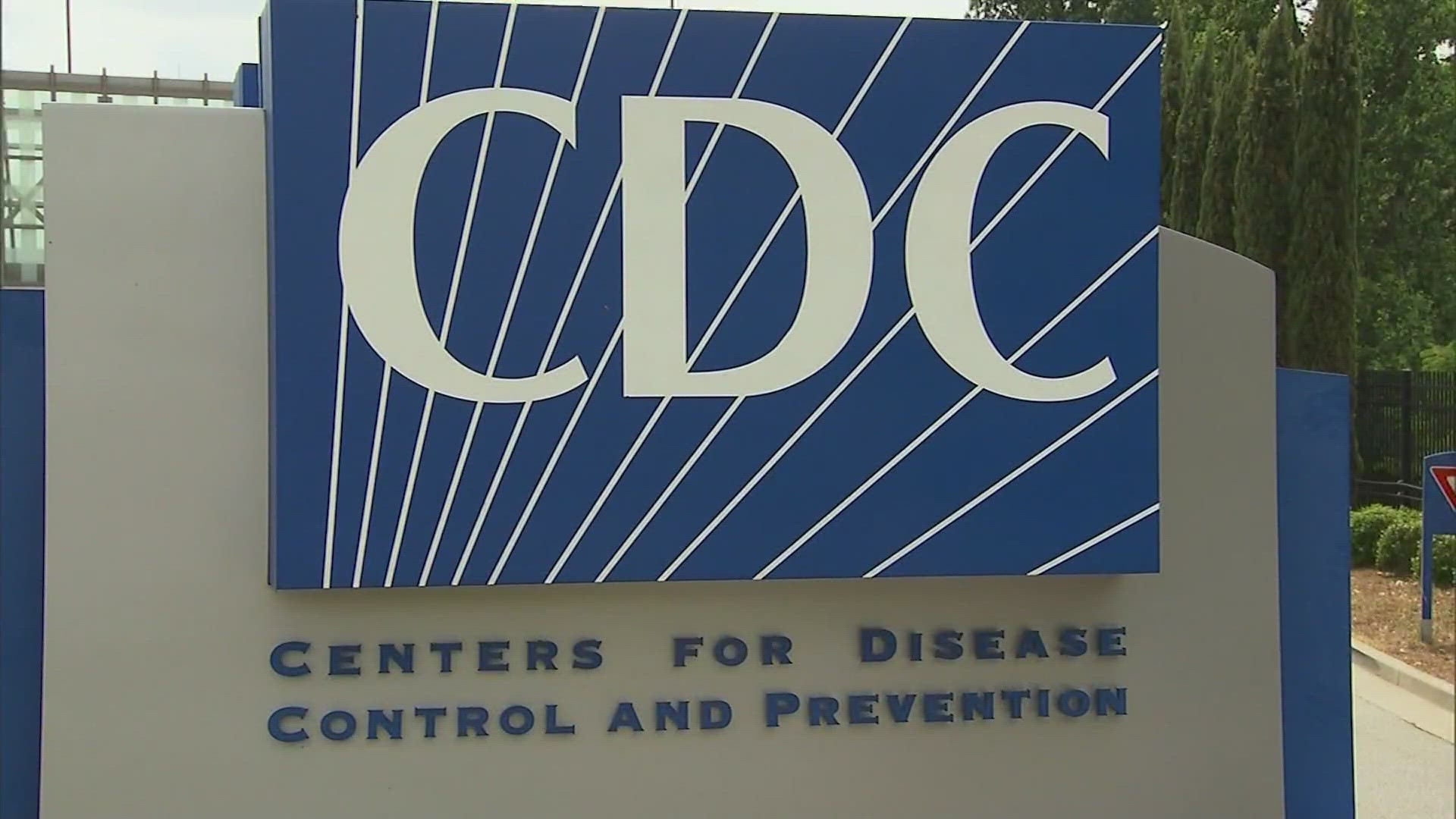HOUSTON — A Houston firefighter has tested positive for COVID-19 and is currently self-quarantined at home, the Houston Fire Department said Tuesday.
The firefighter started showing symptoms after his shift on March 17, HFD stated.
"Follow-up testing was positive for COVID-19. This employee was not under current self-monitoring or quarantine with the HFD. Twelve other firefighters who had contact with this individual at the station have been instructed to self-quarantine," stated the department.
Three others are still awaiting their results. Two are self-quarantined at home and one is quarantined with the HFD.
The station where the firefighter worked is being decontaminated, according to HFD.
RELATED: Coronavirus updates: live blog
The Houston Health Department is also contacting anyone with whom the firefighter had contact.
“The precautionary measures the City of Houston put in place have limited potential spread of COVID-19 and we have closely monitored firefighters for any symptoms. We have provided additional PPE, restricted personal interaction, conducted additional screening of all 911 calls, and numerous other measures. We will continue to make the health and safety of our residents and our firefighters our number one priority.” Sam Pena. Houston Fire Chief.
Earlier this week, the Houston Professional Fire Fighters Association said at least eight Houston firefighters were under mandated quarantine after possible exposure to the coronavirus.
Coronavirus symptoms
The symptoms of coronavirus can be similar to the flu or a bad cold. Symptoms include a fever, cough and shortness of breath, according to the Centers for Disease Control.
Most healthy people will have mild symptoms. A study of more than 72,000 patients by the Centers for Disease Control in China showed 80 percent of the cases there were mild.
Coronavirus symptoms
The symptoms of coronavirus can be similar to the flu or a bad cold. Symptoms include a fever, cough and shortness of breath, according to the Centers for Disease Control.
Most healthy people will have mild symptoms. A study of more than 72,000 patients by the Centers for Disease Control in China showed 80 percent of the cases there were mild.
But infections can cause pneumonia, severe acute respiratory syndrome, kidney failure and even death, according to the World Health Organization. Older people with underlying health conditions are most at risk.
The CDC believes symptoms may appear anywhere from two to 14 days after being exposed.
Human coronaviruses are usually spread through...
- The air by coughing or sneezing
- Close personal contact, such as touching or shaking hands
- Touching an object or surface with the virus on it, then touching your mouth, nose or eyes before washing your hands.
Help stop the spread of coronavirus
- Stay home when you are sick.
- Eat and sleep separately from your family members
- Use different utensils and dishes
- Cover your cough or sneeze with your arm, not your hand.
- If you use a tissue, throw it in the trash.
Lower your risk
- Wash your hands often with soap and water for at least 20 seconds. If soap and water are not available, use an alcohol-based hand sanitizer.
- Avoid touching your eyes, nose, and mouth with unwashed hands.
- Avoid close contact with people who are sick.
- Clean and disinfect frequently touched objects and surfaces.
- If you are 60 or over and have an underlying health condition such as cardiovascular disease, diabetes or respiratory illnesses like asthma or COPD, the World Health Organization advises you to try to avoid crowds or places where you might interact with people who are sick.
Get complete coverage of the coronavirus by texting 'FACTS' to 713-526-1111.



